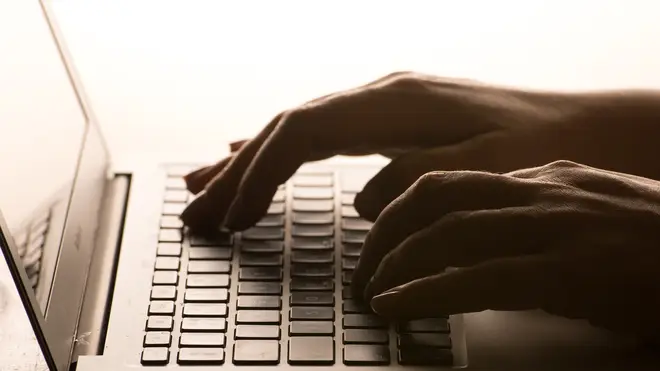
Nick Abbot 10pm - 1am
20 November 2023, 11:04

Nominet’s annual Digital Youth Index found more young people are also being exposed to harm online.
More than half of young people in the UK have used an AI chatbot such as ChatGPT in the last year to help them with schoolwork, emails or their job, research suggests.
Nominet’s latest annual Digital Youth Index, which examines young people’s online habits and attitudes, suggests that while most young people (94%) feel safe online, 76% said they had been exposed to an upsetting experience.
That is a 7% rise on last year, with young people reporting an increase in exposure to fake news and hate speech, both up 4%, as well as sexual content, up by 6%.
The study, conducted by Opinium, surveyed 4,000 people aged between eight and 25 in the UK.
The young people surveyed claimed to spend an average of between four and five hours a day online – mostly on social media, chatting with friends or accessing entertainment.
Most (95%) of those asked said they were on at least one social network, including children who are under the age limit for some of those services.
According to the study, X, formerly known as Twitter, was identified as the platform where the most respondents (77%) had seen distressing content.
On AI, the study showed that 53% of those asked said they had used an AI chatbot and were curious about how they could use them in their lives, while 54% said they were concerned about the impact AI could have on jobs in the future.
Nominet chief executive, Paul Fletcher, said: “While society at large grapples with artificial intelligence at all levels, it’s encouraging to see young people embracing technology so quickly and using it in their daily lives.
“We must continue to encourage this inquisitive nature from the next generation – and despite their adoption of AI, many still have concerns about the potential impact on their future.
“When it comes to online safety, it looks like young Brits are growing in confidence, but the rise in exposure to upsetting content highlights that tackling online harm remains important to young people.”
The study also indicated that 14% of young people lack access to a laptop or desktop computer, while 15% did not have broadband access at home.
Meanwhile, 11% said they had to change or cancel their internet package this year as a direct result of the cost-of-living crisis.
“Our data shows us the reality that despite young people’s lives and their education system going online, a concerning 14% of two million of them still don’t have access to a laptop or desktop computer, and this has the potential to significantly disadvantage those that would benefit the most,” Mr Fletcher said.